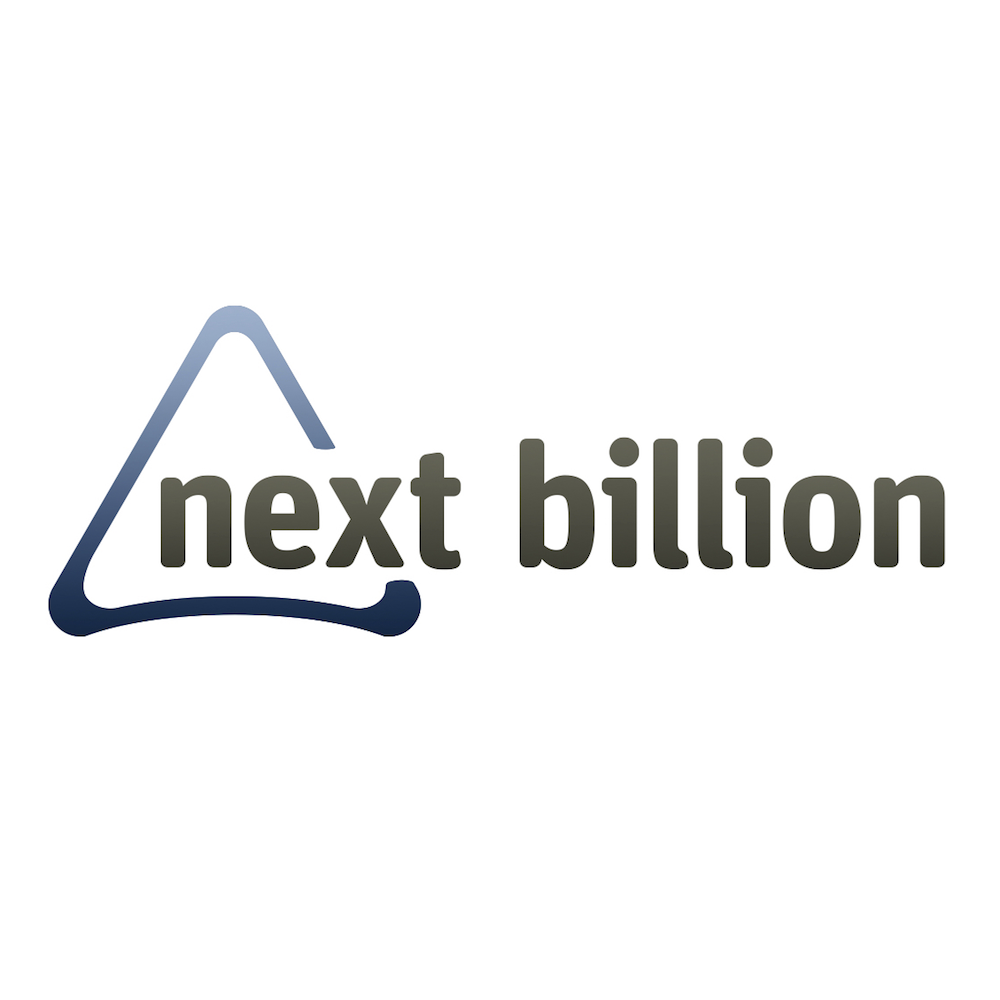Impact investing, in the words of Mugatu, is “so hot right now.” More than $15 billion a year is flowing into impact investment, fueled by a growing appreciation for the ways business and market-based mechanisms can drive positive change in the world. This is great news!
But money is not enough for impact businesses to succeed; they desperately need an answer to their human capital challenges to unlock their world-changing potential.
Why does human capital matter?
Bottleneck to growth and impact
For companies, vacant positions stall growth and cause quarterly targets to slip. Making the wrong hire can be even more costly than none at all, given the amount of time and money invested in new employees. A recent global study found that 69 percent of employers reported that a bad hiring decision put a strain on their company, and other data reveals that up to 50 percent of hiring decisions were considered a mistake. Even further, if a company can’t effectively develop its team, the failure of employees to realize their potential directly impedes the company’s growth and impact potential.
Fixing a rigged opportunity marketplace
Unfortunately, today’s labor marketplace is rigged. Job opportunities are determined far more often by factors like pedigree, connections and bias than genuine ability and merit. Further, in emerging markets, where access to opportunity is more often determined by “birth lottery” (the initial conditions into which someone is born) than ability, mindset and hard work, impact businesses need a better way to identify competencies and match talent to opportunity. We need to shift the recruiting paradigm from pedigree to potential.
Related article: Building internal leadership is the founders job
Why is human capital being under-supported by impact investors?
• No owner: Most funders are issue- or sector-specific, and because human capital doesn’t “belong” to a single sector, it often slips through the cracks.
• No comfort zone: When all you have is a hammer, everything looks like a nail – and at present, most impact investors come from financial backgrounds and are more comfortable talking money than people.
• No easy answers: Human capital is a many-headed beast, implicating structural issues like local education systems and globalization; individual differences in personality, circumstances and abilities; firm-level differences in organizational context and culture; and so on. It touches everything and resists easy fixes.
• No success stories: Most sectors become “a sector” when a successful new model shows potential.There haven’t been human capital posterchildren yet, but I’m hoping the rise of impact-oriented talent players like RippleWorks, Omidyar Network’s human capital team, African Leadership Network, Spire, and my company Shortlist can start to change that.
• No convening body: Financial inclusion has CGAP (and others), solar lighting has GOGLA, cookstoves has the Global Alliance for Clean Cookstoves – and, of course, impact investing has the Global Impact Investing Network (GIIN). Unfortunately, the GIIN of human capital just hasn’t been created yet.
The above is an edited excerpt from an article originally posted on NextBillion. You can find the original piece and information on investors can do about it here






